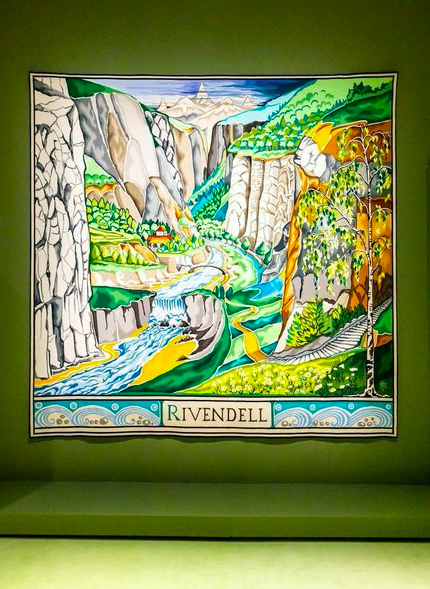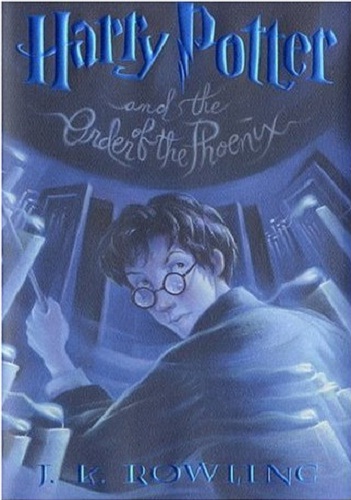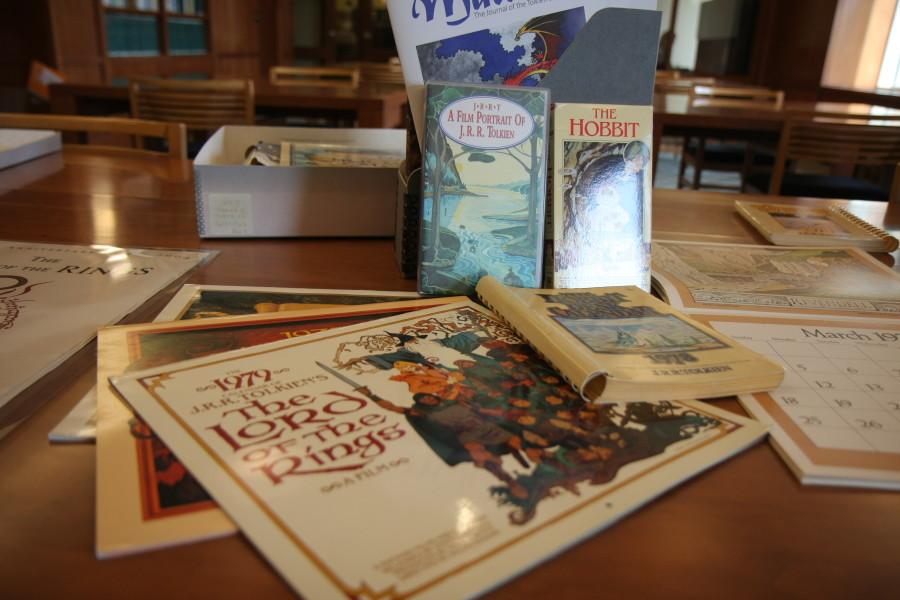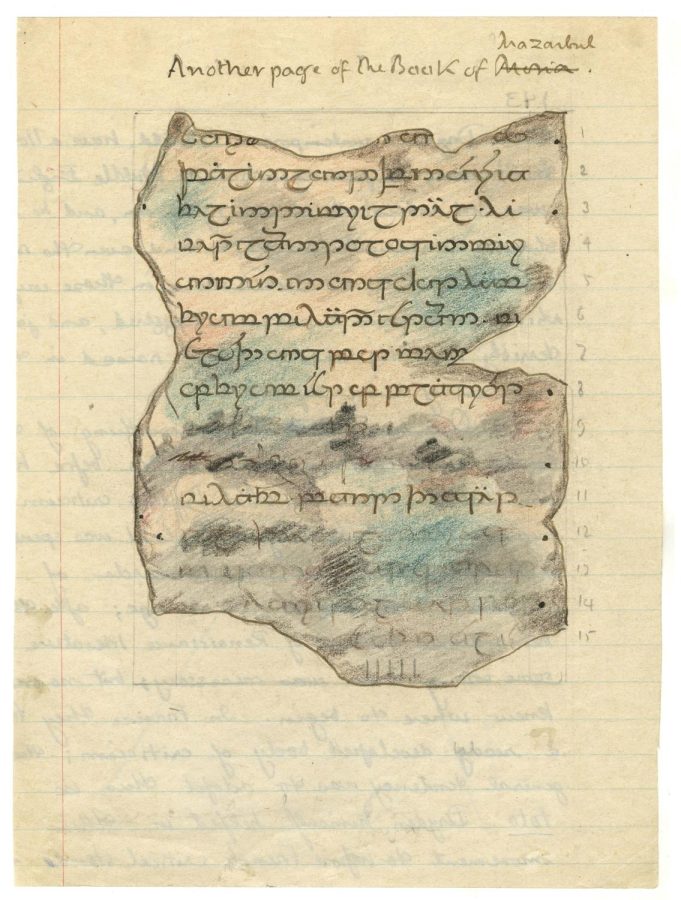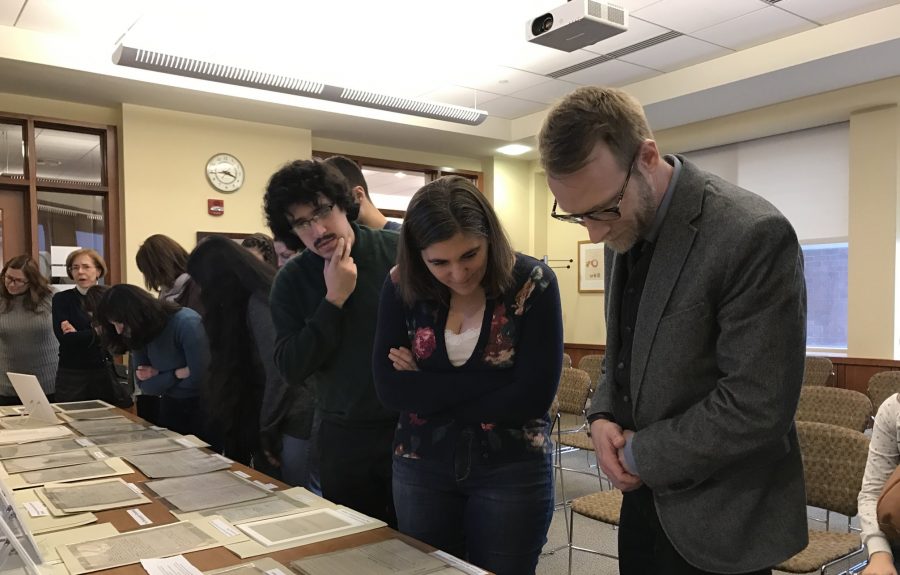Pieces from Marquette University’s J.R.R. Tolkien collection will be on display in Paris until mid-February at the Bibliothèque nationale de France as part of an exhibition entitled “Tolkien, Journey to Middle-earth.”
The exhibit opened in late October and is comprised of nearly 300 authentic manuscripts and drawings from the British author, known best for his world famous fictional classics. Eighty of such items belong to Marquette’s of over 11,000 piece collection.
Marquette’s vast selection includes original manuscripts and working drafts for three of Tolkien’s most celebrated books, “The Hobbit,” “Farmer Giles of Ham” and “Lord of the Rings,” according to Marquette’s website. The university has owned the collection since 1957.
The BnF exhibit immerses visitors in the fictional world of Middle-earth, a fantastical place with its own language, landscape, art and history — all imagined by Tolkien himself, an Oxford University professor of medieval languages and literature. According to the BnF website, this project was organized to “provide a context for (Tolkien’s) literary and artistic creation.”
Within the past few years, Marquette University has loaned pieces of its collection to various institutions around the world including the Bodleian Libraries in Oxford, England, the Morgan Library & Museum in New York City and most recently, the BnF.
The BnF exhibit is unique in that it marks the first time Marquette’s manuscripts have been on display in France, William Fliss, archivist and curator of Marquette’s Tolkien collection, said.
Although Marquette’s collection has traveled around the globe, the university remains a popular destination for Tolkien’s robust following.
“There’s always this element of surprise when people realize that a place like Milwaukee, so far removed from where Tolkien lived and worked, would own such a body of material,” Fliss said.
Most of the university’s collection was obtained when William Ready, the then-library director at Marquette, was tasked with gathering new material for the recently built Memorial Library, completed in 1953. Having recognized the expertise of Tolkien’s work before much of the world had, Ready contacted the author though Bertram Rota, an acclaimed book dealer. This led the university to purchase the collection for a sum of £1,500, less than $5,000 today. According to Marquette’s website, no other institution had even expressed interest. The university now owns one of the largest bodies of Tolkien-associated works.
“What’s remarkable of Tolkien is that he kept most everything he wrote,” Fliss said. “Therefore, this comprehensive collection really allows one to see how … Tolkien’s most famous works, loved by millions and translated into many languages, were created.”
Brendan Pinto, a graduate student in the College of Arts & Sciences, said he has been an avid fan of Tolkien’s novels since childhood. Since enrolling at Marquette, he has visited public showings of the manuscripts on numerous occasions.
“What makes Marquette’s collection so amazing is really the story of Tolkien himself and how he wrote,” Pinto said. “His entire thought process is laid out on paper … ideas and drawings scribbled on the backs of students’ exams, military forms and hand-edited drafts from his typewriter.”
Beyond providing entertainment, Pinto said Tolkien influenced him as a student. At a younger age, Pinto said that he, like many people, found writing intimidating but seeing Tolkien’s extensive edits and drafts gave him new inspiration.
“I … used to think that good writers magically created perfect stories and books from their infinite imagination, but that’s not true. Every writer has a process,” he said. “It has impacted me to discover that even some of Tolkien’s best works were slow and arduous, full of twists and turns, which is equal parts fascinating and encouraging.”

